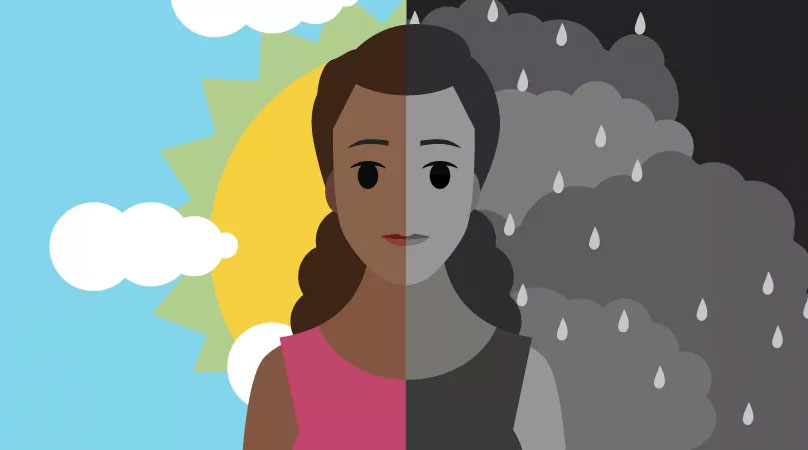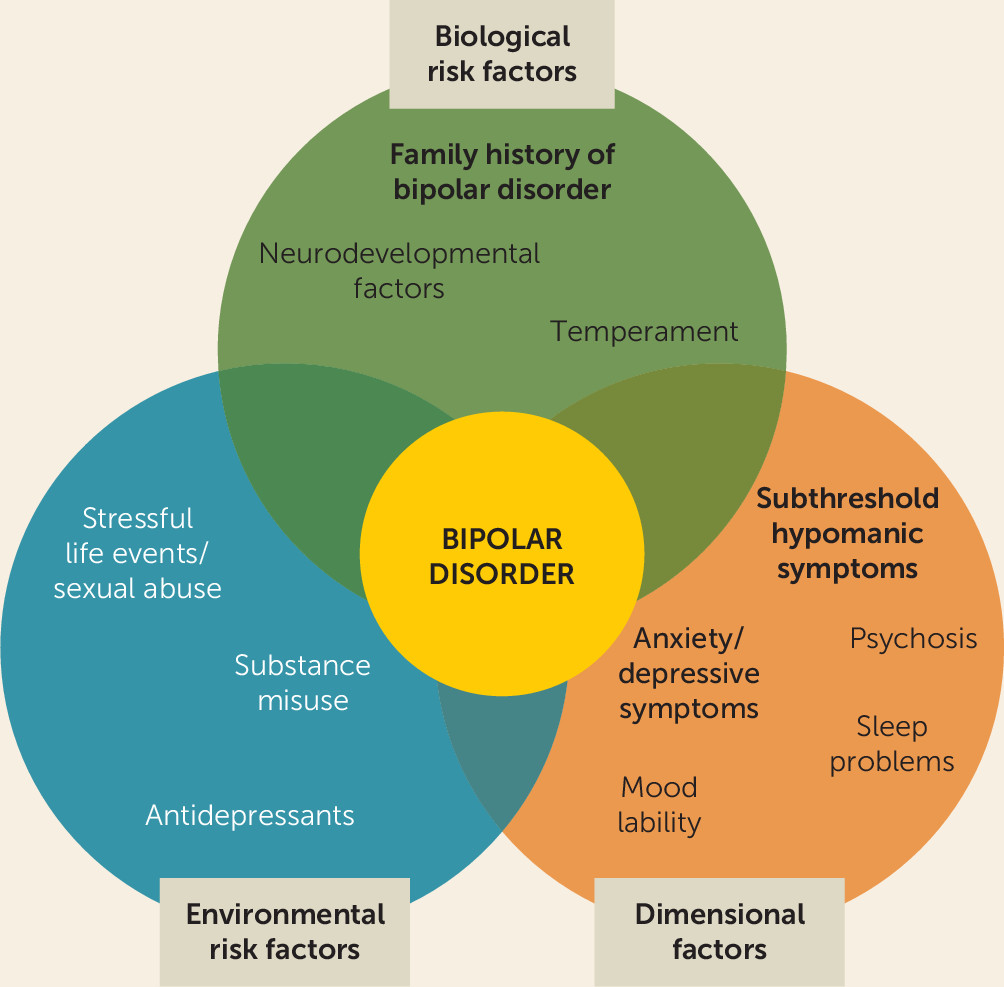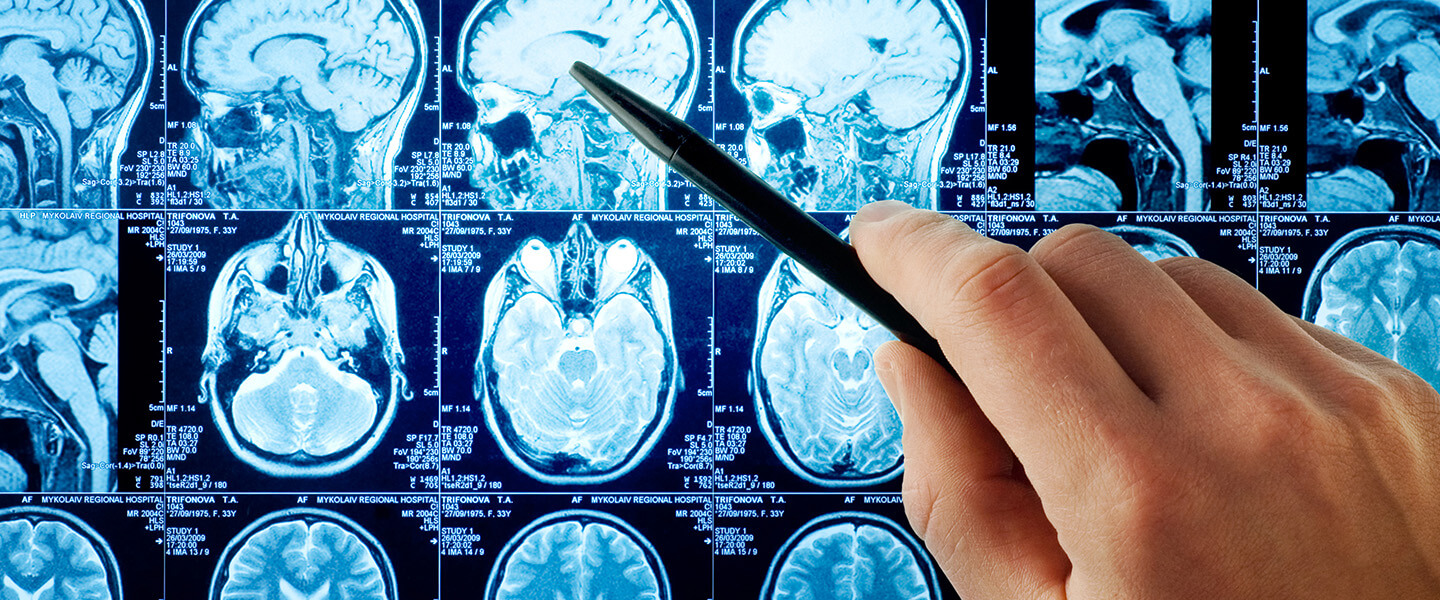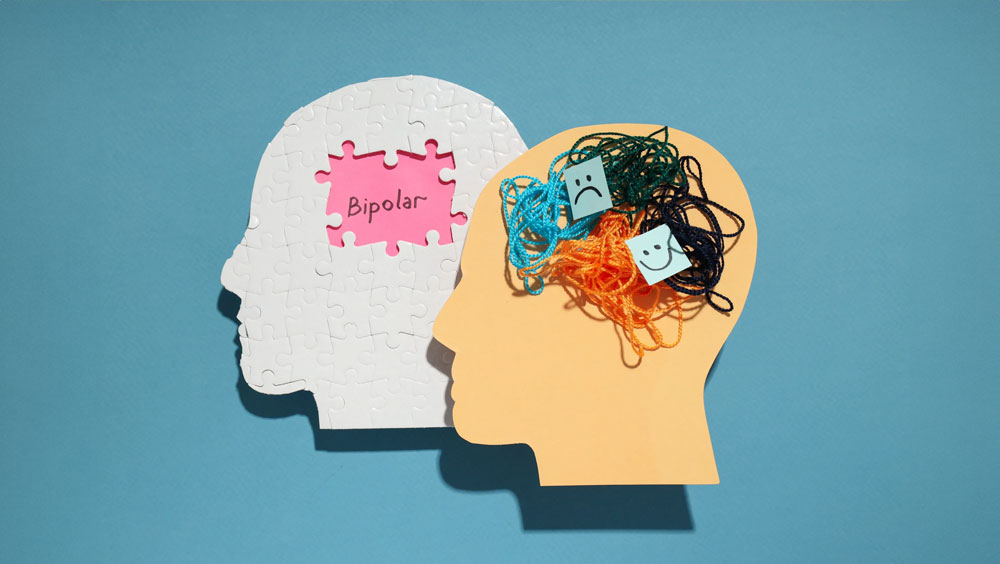Bipolar disorder, a complex mental health condition marked by dramatic fluctuations in mood ranging from manic highs to depressive lows, presents unique challenges as individuals age. While managing these mood swings is a lifelong endeavor, the question of whether bipolar disorder worsens over time often arises, sparking widespread interest and concern. This article delves into the intricate relationship between aging and bipolar disorder, examining the nuanced ways in which the condition can evolve and impact daily life in older adulthood. By exploring the potential changes and challenges faced by those living with bipolar disorder in their later years, we aim to provide a comprehensive understanding of how the passage of time can influence this mental health condition and what that means for those affected.
Understanding Bipolar Disorder

As individuals navigate their lives with bipolar disorder, the interplay between aging and the progression of their symptoms becomes a pivotal area of concern. Emerging research suggests a complex relationship between age and the manifestation of bipolar episodes. Some studies propose that hormonal changes, particularly during menopause or andropause, might influence mood stability, potentially exacerbating manic or depressive states. Additionally, co-occurring medical conditions and the cumulative effects of long-term medication use can complicate the clinical picture for aging individuals. While certain individuals may benefit from increased resilience or improved management strategies developed over years of living with the disorder, others may face challenges such as cognitive decline or increased vulnerability to stressors that could intensify their symptoms. The heterogeneity in outcomes underscores the necessity for personalized treatment approaches that consider the multifaceted nature of aging with bipolar disorder, tailoring interventions to the unique needs and circumstances of each individual..
Factors Contributing To Bipolar Worsening

Can bipolar disorder get worse with age? The answer is not straightforward. Several factors contribute to the progression of bipolar disorder as one ages, including coexisting medical conditions, lifestyle factors, and medication adherence. For instance, as individuals age, they may develop other health issues like cardiovascular disease or diabetes, which can complicate the management of bipolar disorder or even exacerbate mood swings. Lifestyle factors, such as increased stress, changes in sleep patterns, or substance use, can also impact the severity of the disorder. Moreover, medication adherence tends to fluctuate over time due to changes in routine, side effects, or the perception of one's own mental health status. Genetic predispositions also play a critical role, leading to variability in how the condition manifests and progresses among different individuals. While some may experience a stabilization of symptoms, others might face more frequent or severe episodes. Therefore, ongoing monitoring and personalized treatment plans are essential for managing bipolar disorder effectively across the lifespan..
Bipolar Disorder In Old Age

Bipolar disorder in old age presents unique challenges, both in terms of diagnosis and management. The symptoms of bipolar disorder can often mimic those of other age-related conditions such as dementia, making accurate diagnosis more complicated. Furthermore, cognitive decline in elderly individuals may obscure mood fluctuations, leading to misinterpretations by both caregivers and healthcare providers. Moreover, older adults may face increased health issues or medication interactions that complicate bipolar management. Polypharmacy, common among seniors, raises the risk of adverse effects, necessitating careful balancing of treatment regimens to ensure efficacy while minimizing harm. In addition, lifestyle changes and support systems tailored to the elderly, such as psychosocial interventions, become vital in promoting stability and enhancing quality of life. Comprehensive, interdisciplinary approaches that draw from geriatrics, psychiatry, and neurology can better address the multifaceted challenges presented by bipolar disorder in this population, ultimately fostering a more compassionate and nuanced understanding of mental health in later life..
Cognitive Decline And Bipolar Disorder

In addition to these cognitive challenges, the interplay of aging and bipolar disorder may exacerbate other health concerns, further complicating the clinical picture. Factors such as medication side effects, comorbid physical health issues, and the natural aging process itself can compound the cognitive decline observed in older adults with bipolar disorder. Furthermore, the social and emotional aspects of living with a chronic mental illness in later life can lead to feelings of isolation or depression, which, in turn, may negatively impact cognitive health. Therefore, a comprehensive approach that includes regular cognitive assessments, tailored therapeutic interventions, and robust psychosocial support is crucial to managing the unique challenges faced by this population. Early detection and proactive management of cognitive symptoms can help improve quality of life for older adults living with bipolar disorder..
Managing Bipolar Disorder In Older Age

In managing bipolar disorder in older adults, it is crucial to employ a holistic approach that carefully balances pharmacological and non-pharmacological strategies. Healthcare providers must conduct thorough assessments to tailor treatment plans that minimize medication risks, considering the potential for increased side effects and interactions with other prescriptions common in later life. Psychotherapy, particularly cognitive-behavioral therapy, can play a pivotal role in helping older adults cope with the emotional fluctuations of bipolar disorder. Additionally, fostering strong support networks, whether through family, friends, or community resources, can significantly enhance treatment outcomes. By integrating these approaches, older individuals can maintain a better quality of life and stability despite the challenges posed by bipolar disorder..
The Role Of Support Systems

As individuals with bipolar disorder age, the role of support systems becomes increasingly vital in promoting stability and quality of life. Family members and caregivers must educate themselves about the evolving symptoms and manifestations of the disorder, as these can change over time and present unique challenges in older adults. By staying informed, they can offer empathetic and effective support, helping to mitigate stressors and potential triggers. Moreover, maintaining regular check-ups with healthcare professionals is essential in reassessing and tailoring treatment plans to meet the individual's current needs, thereby enhancing their mental wellbeing. These check-ups provide opportunities to monitor the effectiveness of medications, adjust therapeutic approaches, and address any coexisting physical or mental health issues. Collaborative efforts between the individual, their family, and healthcare providers form a robust network of care that fosters resilience and stability as they navigate the complexities of aging with bipolar disorder..
Maintaining Quality Of Life

Despite the potential for bipolar worsening with age, many individuals find ways to live fulfilling lives through effective management strategies. Therapeutic interventions such as cognitive-behavioral therapy (CBT) or interpersonal and social rhythm therapy (IPSRT) may aid in symptom management, helping individuals lead productive lives. Moreover, the development of personalized medication plans plays a crucial role in stabilizing mood fluctuations. By integrating lifestyle modifications, including regular exercise, a balanced diet, and adequate sleep, individuals can further enhance their well-being. Support networks, whether through family, friends, or support groups, provide invaluable emotional bolstering and practical assistance, allowing individuals to navigate daily challenges with greater ease. Embracing mindfulness practices and stress-reduction techniques can also contribute to increased resilience. Through a combination of these strategies, individuals not only manage their condition but often find renewed purpose and satisfaction, showcasing that a diagnosis of bipolar disorder need not limit one's potential for a rich and fulfilling life..
The Future Of Bipolar Disorder Research

Research into bipolar disorder and aging continues to evolve, with scientists striving to unravel the complexities of this mental health condition as it intersects with the aging process. While much remains to be discovered about the progression of bipolar disorder across different life stages, ongoing studies are shedding light on its long-term impacts. These investigations are crucial as they explore the nuanced ways in which symptoms may transform or intensify with age, influencing overall quality of life. Moreover, future research carries the promise of developing tailored treatment strategies that address the unique challenges faced by the aging population with bipolar disorder. This could involve not only pharmacological advancements but also holistic approaches integrating mental health support, lifestyle adjustments, and community resources. As the scientific community pushes forward, the goal is to enhance management strategies that improve prognosis, reduce stigma, and ultimately elevate the lived experiences of older adults grappling with this condition..
Bipolar disorder presents unique challenges across the lifespan, and while symptoms may stabilize for some, others may experience progression as they age. Understanding the factors that contribute to bipolar worsening with age is essential for implementing effective management strategies. With tailored treatment plans, strong support systems, and ongoing research, individuals with bipolar disorder in old age can maintain a high quality of life.


